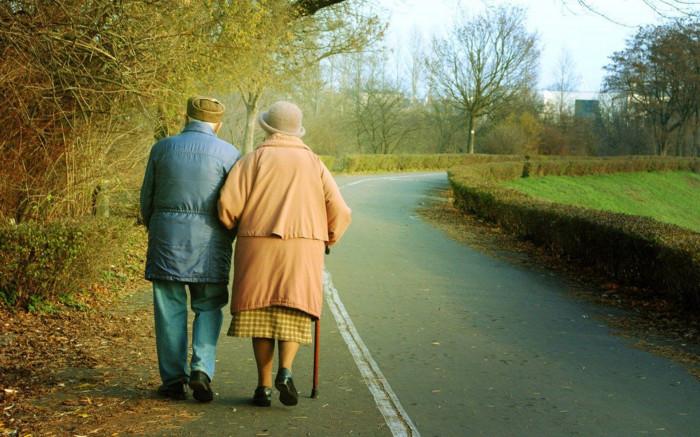Signs of Ageism:
Ageism can range from subtle actions to blatant acts of discrimination. A few signs of ageism include:
- Exclusion from a group, such as at school or at work
- Being passed over for promotions or raises
- Being laid off or forced to retire
- Negative comments about a person’s age
- Having your input or ideas ignored or dismissed
- Losing out on benefits such as paid time off
- Not having access to learning opportunities
Types:
There are two primary types of ageism. The term ageism is usually used to apply to discrimination against older adults, while reverse ageism has been used to describe how younger adults can also face prejudice and discrimination because of their age.
Ageism Against Older People
Researchers have suggested that stereotypes about older people often relate to how younger people expect them to behave.
- Succession: Younger people often assume that older individuals have “had their turn,” and should make way for the younger generations.
- Consumption: Younger people frequently feel that limited resources should be spent on themselves rather than on older adults.
- Identity: Younger people feel that those who are older than they should “act their age” and not try to “steal” the identities of younger people, including things such as speech patterns and manner of dress.
How to Combat Ageism
The American Psychological Association (APA) says that ageism is a serious issue that should be treated the same as sex, race, and disability-based discrimination. The APA suggests that raising public awareness about the issues ageism creates can help. As the population of older adults continues to increase, finding ways to minimize ageism will become more important.16
There is evidence that interventions can be effective for combatting ageism. These include:
- Education: Intentional instruction that helps people better understand the aging process, ageism, and its effects
- Intergenerational contact: Increased contact with people of different ages to reduce age discrimination and prejudice.
The term ageism is usually used to apply to discrimination against older adults, while reverse ageism has been used to describe how younger adults can also face prejudice and discrimination because of their age.

